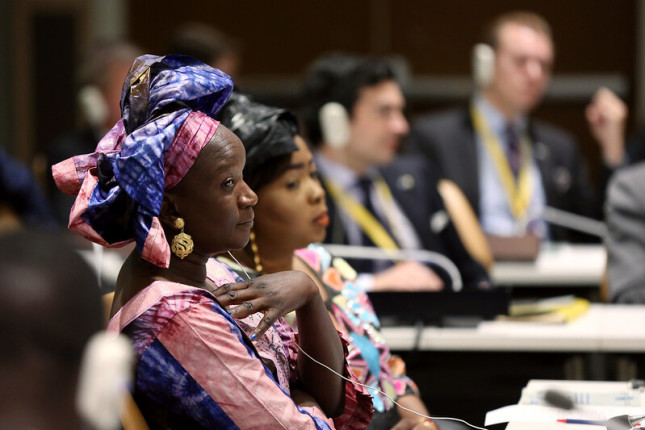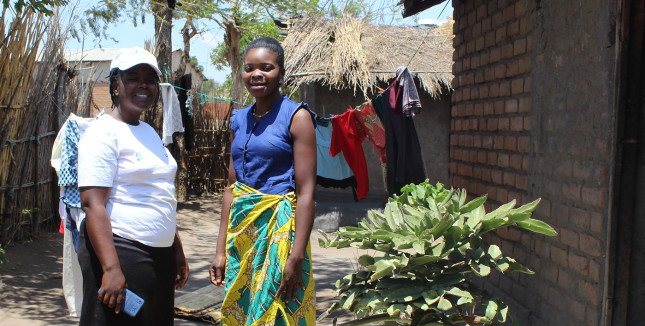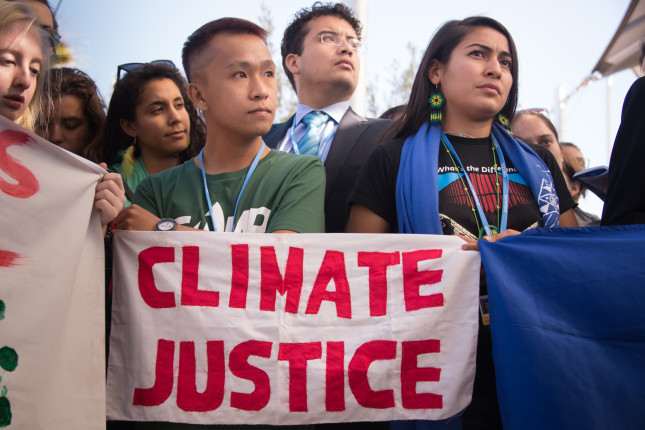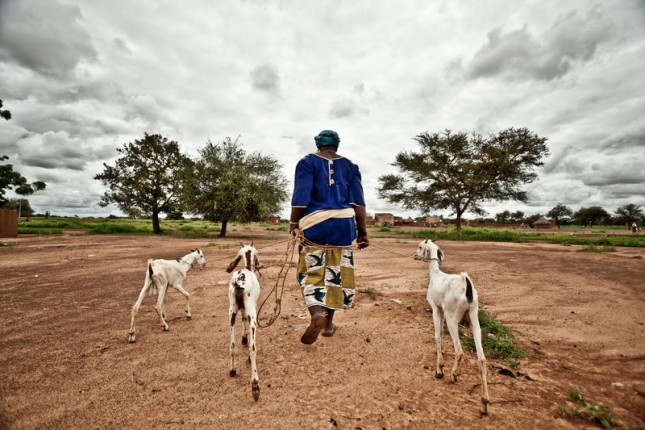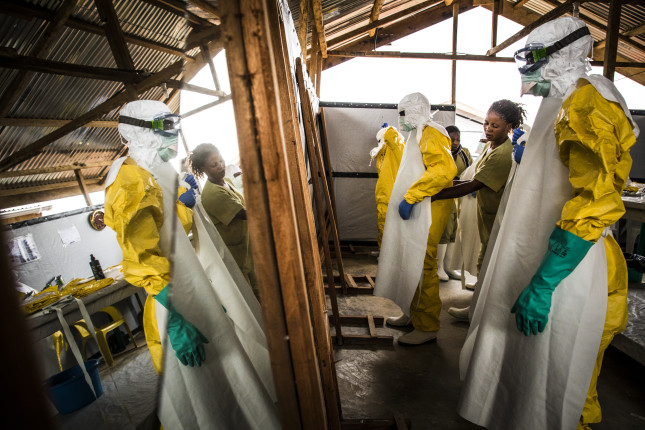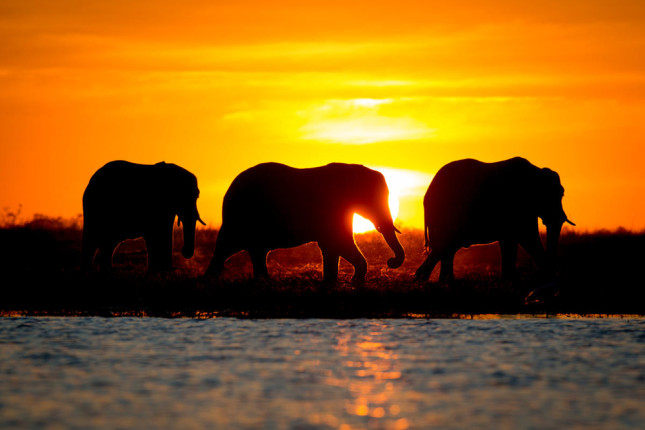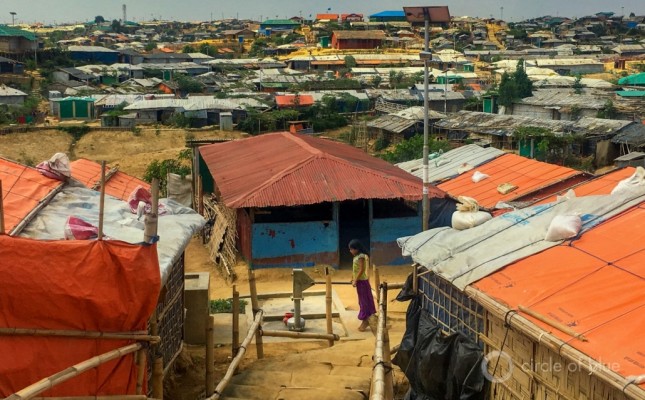-
Arms Are Not Enough: Solutions for the Sahel Must Consider Climate
›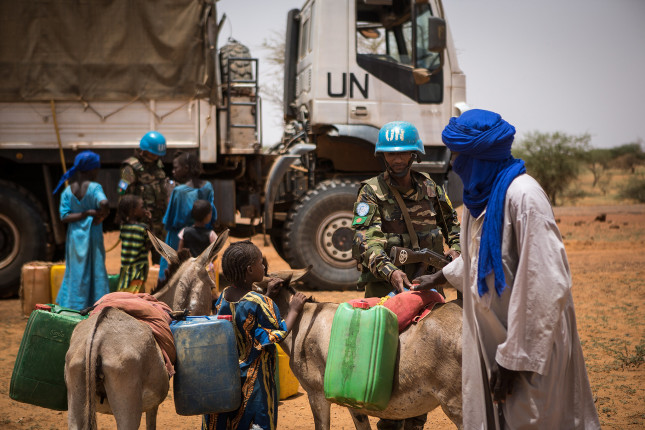
On February 25, Nigeria will begin voting for its new president in one of the most tightly fought elections in decades. And the most likely winner has already set down a marker in his campaign. “You can’t be talking about climate change when people are taking cover from bombs,” observed Nigerian presidential hopeful Peter Obi.
-
Should Demography Weigh in on U.S. Response to Coups d’Etat?
›
The research presented in this article was subsequently published in a peer-reviewed article: https://www.degruyter.com/document/doi/10.1515/spp-2023-0029/html
When a military-led or military-influenced coup d’état occur in a foreign country, does evidence from demographic research merit consideration in the U.S. foreign policy response? It’s a question that U.S. policymakers should be asking as deteriorating political conditions in West Africa come increasingly into confluence with the limited tools available either to deter or respond to illegal and extra-legal forms of political succession.
-
Meeting Family Planning Supply Chain Challenges in Sub-Saharan Africa
›
Last April, Eless Limani set out on a long and costly bicycle ride to the Mponela Health Center to get a new supply of birth control pills, her usual contraceptive. The 32-year-old mother was not ready to have a second child.
-
Top 5 Posts for June 2022
›From climate change to COVID-19 and the war in Ukraine, the world is a landscape of increasing instability. Book-ending the Top 5 posts of June are two articles that explore different aspects of these converging risks. In the top post for June, Steven Gale and Mat Burrows write that globally, younger generations are becoming increasingly disengaged and discontent with their democratic governments, civil society, and institutions. Youth disillusionment is not a result of ignorance to current affairs, but rather a lack of faith in democratic institutions to address today’s most pressing global issues. Tackling youth disillusionment, suggest Gale and Burrows, begins with examining youth engagement trends and placing it at the top of the agenda.
-
What’s in a Name? Making the Case for the Sahel Conflict as “Eco-violence”
›
The Sahel region of Africa is a semi-arid, arc-shaped landmass that stretches 3,860 kilometres from Senegal across portions of Mali, Burkina Faso, Niger, Nigeria, Chad, and even Sudan. It is also the most neglected and conflict-ridden part of the planet, according to the Norwegian Refugee Council.
-
Preventing the Next Pandemic: Scaling Laboratory Operations in Developing Countries
›
In 1976, a Belgian Catholic mission and hospital in what is now the Democratic Republic of the Congo (DRC) was stricken with a mysterious illness that caused fever-like symptoms. Most of the patients who contracted the illness died. A young microbiologist named Jean-Jacques Muyembe Tamfum was called to the mission, where he extracted blood samples from those who had fallen ill. The DRC did not have a functional research laboratory at the time, so Muyembe had to send his samples to Belgium for analysis. The results that came back revealed that they contained a new deadly virus: what the world came to know as Ebola, named after a river near the mission.
-
Sustaining Shared Waters: An African Case Study
›
As we face the twin crises of biodiversity loss and climate change, natural resource management is now more critical than ever—especially in the protection of one of our most precious resources: water.
The stakes of getting it wrong couldn’t be higher: increasing economic inequities and substandard public health for a growing population. And the evidence that such issues have won the attention of political leaders is increasing, with the June 2022 introduction of a White House Action Plan on Global Water Security that links this crucial issue directly to U.S. national security and offers pathways and proposed resources to advance progress broadly on multiple fronts.
-
Universal WASH Gains Traction Even as Hand Pumps Lose Ground: Troubled Water Supply Systems in Africa Spur Demand for New Technology
›
With their blocky stamped metal heads and long arms, the India Mark II and Afridev hand water pumps are hardly aesthetically appealing. What matters is their design. That is, how well do they work?
Introduced in the 1980s, manufactured by the millions, and installed in communities across Africa and Asia, the two hand pumps are the most popular tools for lifting water to the surface from rural underground reserves. In that capacity, the two pumps occupy prominent space in the WASH sector’s long-running and formative debate over whether the global campaign is succeeding or slipping in the effort to attain universal access to clean water, sanitation, and hygiene.
Showing posts from category Africa.


